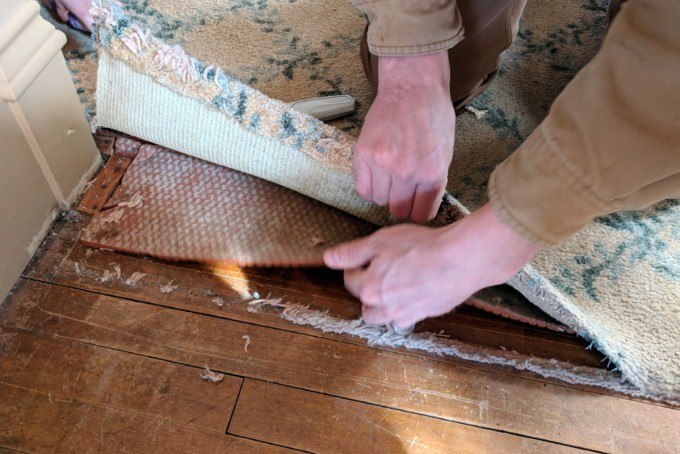Terms First-Time Home Buyers Need to Know!

The time has come to begin the steps of buying your first home and looking around the internet and other real estate-related media, you’re finding there’s a lot more to know than finding a house, getting a loan, and signing papers. There are some key words that can be unfamiliar to a first-time home buyer, so familiarize yourself with these lesser-known terms so you’ll have fewer questions and stumbles along the way:
-
- In order to be certain that the home is worth the amount of the loan, there will be a home appraisal performed by an unbiased inspector of the lender’s choosing.
-
- At the final paper-signing, the buyer is required to pay closing costs, which normally include attorney fees, surveyors, inspections, and title insurance, among other things. Be prepared to have 2-5 percent of the purchase price for closing costs.
-
- If you’d like to pay less interest over the time of your loan, you can purchase discount or mortgage points. To learn more about this option, check out these tips from the Nerd Wallet website.
-
- Earnest money is money that will be paid to the seller to show good faith of the buyer towards the home purchase. It will be applied to your down payment.
-
- When you have funds in escrow, you will have given funds to a third party to hold until they have verified that inspections, disclosures or any disputes have been resolved. Keeping it in escrow protects your deposit before you sign the final contract to buy your new home.
-
- Pre-approval is very important and differs from being pre-qualified. If you’re pre-approved for a loan amount, you have a realistic expectation of what you can buy.
-
- If your down payment is less than twenty percent of the purchase price, you will pay private mortgage insurance typically until that amount reaches twenty percent of the loan or home value.
-
- Your lender will require the purchase of title insurance, which protects real estate owners and lenders against any property loss or damage for whatever reason. Learn more about what title insurance is and what it covers from the CFPB.
There are other terms and abbreviations you may find in your search for a house in their descriptions and about real estate in general that you won’t be familiar with. Here’s a longer, more comprehensive list from realtor.comⓇ. The more you know before you get started, the smoother the home-buying process will be!
Courtesy of New Castle County DE Realtors Tucker Robbins and Carol Arnott Robbins.
Photo credit: activerain














